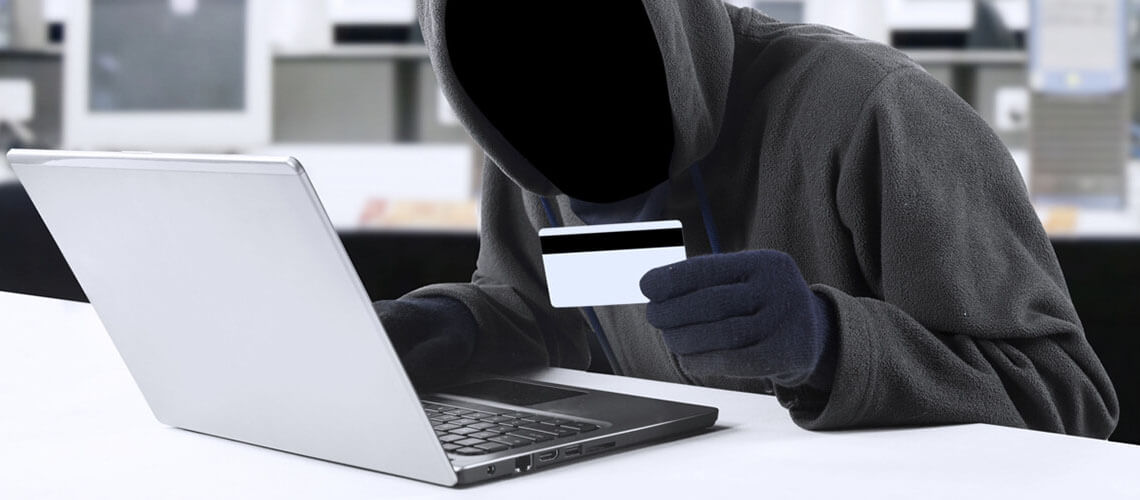Cyber Crime

Internet Fraud or Cybercrime refers to a wide range of crimes that occur through the use of computer technology.
At Freemans Lawfirm, we have extensive experience representing clients in a wide variety of cybercrime cases. From fraud and hacking related to commercial espionage, to instances where employees have used computers to whistleblow on matters of public interest to newspapers, we are well-versed in all aspects of cybercrime. Our expertise helps individuals navigate the complex legal landscape of cybercrime, ensuring that their rights are defended to the fullest.
The rise in the use of computer technology, social media, and online platforms means that individuals can find themselves implicated in cybercrime investigations, often without fully realizing the potential criminal liability that could stem from their actions. We aim to provide clear guidance to those accused, ensuring they understand the consequences of their actions and the best course of legal defense.
The Two Main Categories of Cybercrime:
- Cyber-dependent crime, where the use of online devices is both the tool to commit the crime and the target of the crime itself. These crimes often involve direct hacking, viruses, and attacks on computer systems.
- Cyber-enabled crimes, which are traditional crimes, such as fraud, theft, and harassment, enhanced or made possible through the use of technology and online platforms.
Freemans Lawfirm boasts exceptional expertise in all areas of law that are crucial when representing individuals accused of cybercrime. We have successfully advised clients on a variety of related matters, including:
- Fraud
- Data protection violations
- Hacking
- Misuse of computers
- Malicious communications
- Investigatory powers
- National security issues
- Official secrets
- Indecent images
- Terrorism and related legislation
The legislation surrounding cybercrime is constantly evolving, and it can be complex. The Computer Misuse Act 1990 is the foundational law for cybercrime offences, but it is complemented by various other statutes, such as the Regulation of Investigatory Powers Act 2000, Data Protection Act 1998, Malicious Communications Act 2002, and the Forgery and Counterfeiting Act 1981. Moreover, terrorism legislation has adapted to address the increasing use of technology in criminal activities.
Our skilled fraud lawyers are highly experienced in defending clients accused of cyber-enabled fraud, such as using the internet to unlawfully gather sensitive personal information through phishing attempts, fraudulent websites, or by installing malware on individuals’ devices.
“Their cases are always brilliantly prepared, and they will always be 100% behind the client, looking for the best results. They are kind and effective, a difficult combination to achieve.”
Chambers and Partners
Due to the nature of technology, cybercrime cases often require a thorough analysis of vast amounts of digital material. With computers and storage devices capable of retaining huge quantities of data, law enforcement agencies often filter through digital evidence to support their allegations. In such cases, our lawyers, in collaboration with expert computer analysts and digital forensic specialists, work diligently to sift through large volumes of data to identify evidence that could benefit the defense.
Furthermore, the borderless nature of the internet means that cybercrime investigations can span multiple countries. This can lead to complexities regarding which country should prosecute the case. Our lawyers have extensive experience dealing with cross-border cybercrime issues and can provide advice on managing extradition processes and handling mutual legal assistance requests.

